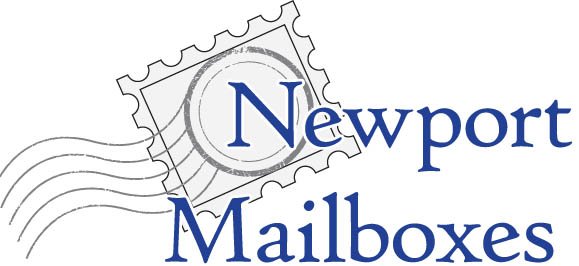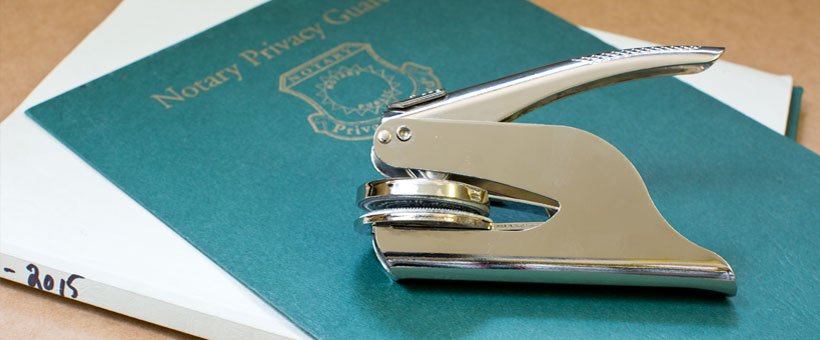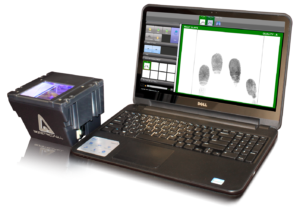When dealing with international documents, the notary process often goes beyond a simple stamp and signature. That’s where the concept of “authentication” comes into play. If someone has asked you to get a document “notarized and authenticated,” or if you’ve encountered the term “authentication notary,” you may be wondering what it actually means—and what steps are involved.
In this blog, we’ll explain what an authentication notary is (and isn’t), how the process works, and how it differs from standard notarization.
What Does “Authentication” Mean in Notary Work?
In the United States, a notary public witnesses signatures, verifies identities, and affirms that documents are signed willingly and knowingly. But when documents are destined for use outside the U.S., additional steps are often required to prove the notary’s authority to foreign governments or agencies.
This is where notary authentication comes in.
Authentication is a process through which a notary’s commission is verified by a government authority, usually the Secretary of State. The goal is to certify that:
- The notary who notarized the document is legally commissioned in their state.
- Their signature and seal are valid.
- The document can be recognized by foreign governments.
What Is an “Authentication Notary”?
Technically, there is no special type of notary called an “authentication notary.” The term is a misnomer.
A standard commissioned notary public performs the initial notarization—acknowledgment, jurat, or other authorized act. Then, the authentication is performed by a higher authority, such as:
- The California Secretary of State
- The U.S. Department of State
- A relevant foreign consulate or embassy
So, when someone refers to an “authentication notary,” they usually mean a notary who understands how to help guide clients through this multi-step process.
When Do You Need Notary Authentication?
Authentication is typically needed when documents will be used abroad. Common examples include:
- International adoptions
- Foreign business agreements
- Dual citizenship paperwork
- International real estate transactions
- Documents for study or work visas
- Overseas marriage applications
In these cases, the recipient country must be assured that the document—and the notary—is legitimate.
Authentication vs. Apostille
Authentication and apostille are often confused, but they serve similar purposes based on international agreements.
- Apostille is used when the recipient country is a member of the Hague Apostille Convention. The process is streamlined and handled entirely by the Secretary of State.
- Authentication is used when the recipient country is not part of the Hague Convention. It involves more steps, often including the U.S. State Department and the foreign embassy.
In both cases, the document must first be notarized before either process can begin.
The Authentication Process (Step-by-Step)
Here’s how authentication typically works in California:
- Document is notarized by a commissioned California notary.
- Notarized document is submitted to the California Secretary of State for authentication.
- If needed, the document may be sent to:
- The U.S. Department of State
- A foreign consulate or embassy for further validation
- The U.S. Department of State
Each step confirms the legitimacy of the prior one.
What Notaries Can and Cannot Do
A notary public:
✅ Can notarize your document
✅ Can ensure it meets state law requirements
✅ Can advise you on how to submit the document for authentication
❌ Cannot complete the authentication themselves
❌ Cannot represent your document to foreign authorities
❌ Cannot advise you on legal language or content of the document unless they are also an attorney
If you’re unsure whether you need authentication or apostille, consult the agency or government that’s requesting the document.
Local Support for Notarization
For anyone in Orange County needing help starting this process, a qualified notary in Newport Beach can assist with your notarization and explain what your next steps should be for authentication or apostille.
These professionals regularly work with clients handling international documents and can help avoid delays or rejections due to formatting or procedural errors.
Final Thoughts
There is no such thing as an “authentication notary,” but many notaries are familiar with the authentication process and can assist in preparing your documents properly. When your paperwork is destined for another country, a single notary stamp isn’t always enough—you may need your notarized document verified by state or federal authorities.
Working with an experienced notary who understands these extra steps can make all the difference in ensuring your documents are accepted abroad without issue.



